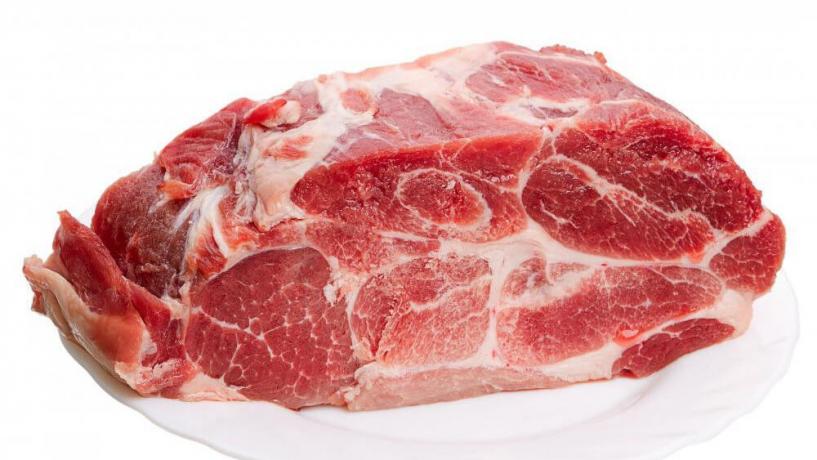There has been a problem with something called bovine spongiform encephalopathy (BSE) in certain parts of the world.
This illness is a neurodegenerative that is passed through cattle that is used for human consumption. In cases where the disease is passed to humans, it causes variant Creuzfeldt-Jakon disease, and it is fatal.
Of course, learning something like this can make anyone quite afraid to consume any beef products. However, in Australia, careful measures have been taken to keep consumers safe, and BSE has not been a problem in the country. In fact, not one case has been found in cattle or in humans. Because of the careful measures, the World Health Association has declared Australia to be a little or no risk country.
How has the Australian government implemented regulations to protect consumers to BSE? Here are a few of the steps that are taken in order to ensure consumer safety in the country:
- Cattle cannot be fed protein that comes from mammals.
- Cattle in the country are carefully monitored to watch for signs of BSE.
- Strict laws control any imports of beef or cattle into the country.
The safety of Australian consumers is of the utmost priority. Since this illness is extremely dangerous and could be fatal, it is vital that careful controls are used to protect humans and cattle in Australia. As you can see, the government is using careful measures to ensure that consumers are safe from BSE and that no BSE tainted cattle or beef ever reaches the country.
While it is very good to be aware of the concerns of such epidemics in the world, it does not have to be a major concern for you in Australia. No cases of BSE have been found and stringent rules ensure that no case of BSE will ever be found in the country.

